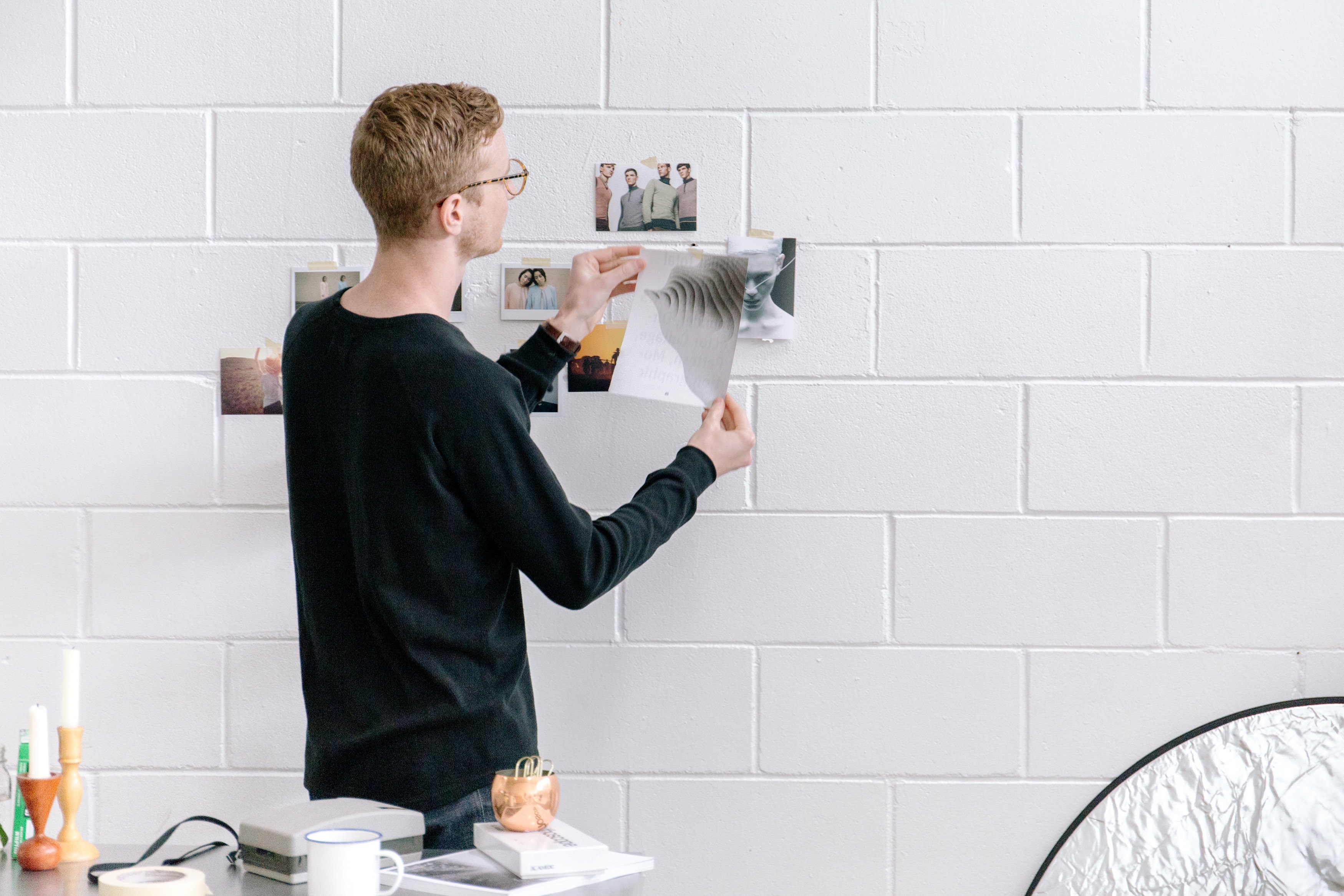Bella Lambourne, HR and operations director of Banijay UK, on how the company recruits new entrants - and how it is adapting to new working practices
How does Banijay UK, including the Endemol Shine business it acquired, go about making itself attractive to new entrants and supporting them as they come through the door?
We participate in all the industry schemes – the Channel4 Researcher Trainee Scheme, the Pact diversity schemes, BBC schemes, Creative Access. We always have positions across the group.
We also have Bright Bulb, our own creative interns scheme, which has been hugely successful and evolved over the years. People like David Flynn (co-founder, Youngest Media), Cat Lynch (MD, Initial) and Adam Adler (MD, Gameface Productions) have come through it. We have an exec who runs that - their full time job is courting those young people. It’s always been extremely diverse as well.
We have 40 work experiences each year, paid at the London Living Wage. We offer those particularly to alumni of Mama Youth, of which we’ve been a patron for several years. We run networking events with them and we’ve got around 50 mentors starting new relationships with alumni of the scheme.
We also do outreach schemes through Future Frontiers and Speakers for Schools and each of the labels often have their own individual relationships – for example, Kudos works with the City of London Academy Islington and Tiger Aspect works with Hammersmith Academy.
Typically, how many places do you offer at any one time?
Outside of work experience, we have around 16 people on entry schemes each year, some for six months and some year-long.
How do you allocate placements within the group?
If an entrant doesn’t know which part of the business they want to work with, they first meet with the talent team and then get work experience - an office runner role, either with one company or centrally in the Shepherd’s Bush building and through that we would hope they’d be able to make their own relationships. The talent team are there to connect them with creatives, producers and exec producers across the business if they show interest in a particular area.
Is the company looking to benefit from the government’s new Kickstart scheme?
It’s a minimum of 30 positions. I’ve asked Pact and ScreenSkills to look into coordinating applications from a number of indies. Even for a business our size, having 30 people starting work on the same day is not practical. I’d want to collaborate and have maybe six people from a programme like that.
As a new scheme, we’ll need reassurance of its rigour. TV is challenging and you do have to be really focused and want to work with the industry. I do know it wouldn’t work for someone who just wanted to ‘work in the industry’ rather than wanting a particular job, because you’ve got to have a passion for it and an inquiring mind.
What is the retention like from these schemes?
Mama Youth and Pact's diversity schemes in particular have strong retention rates. Well over 80% of them stay in the industry – and not necessarily with us. That’s our benchmark: as long as people are staying in TV, it’s helpful to have them moving around and hopefully coming back.
What is different under Banijay’s ownership?
RDF operates an intern scheme as well. For my job, It’s early days, but the aspiration remains: to be the go-to place for the best talent to come and work. I was only just confirmed in my new role at the combined entity and I haven’t yet met with all the Banijay labels’ MDs.
The scope of my department should remain the same but one benefit is that I am now going to have representation in the nations and regions. We will have talent managers on the ground outside of London.
As a business, how have you managed the balance between home and office working in recent months?
The office opened at the beginning of June if people want to be here - but nobody is obliged to come in. We think it’s good for people to come in if they can, for their own mental wellbeing.
We’ve got a clear desk policy. There are safe desks allocated – you can’t just go and sit anywhere but have to request a desk through the IT portal. Meeting rooms are now designated as two people rather than 10. We probably have about 20-25% occupancy at any one time. We’ve told every team to come up with what works for them on the proviso that we cannot have more than 50% occupancy.
We have some scripted productions up and running but recently, we had to suspend one for a few days over a weekend because of two Covid cases.
Productions are mostly still working remotely but for a new show, with a team that hasn’t worked together before, it’s been invaluable to do those team briefings together. The same for development teams too – it’s very important they have the opportunity to come together and brainstorm. You can’t do run-throughs for game shows through Zoom.

